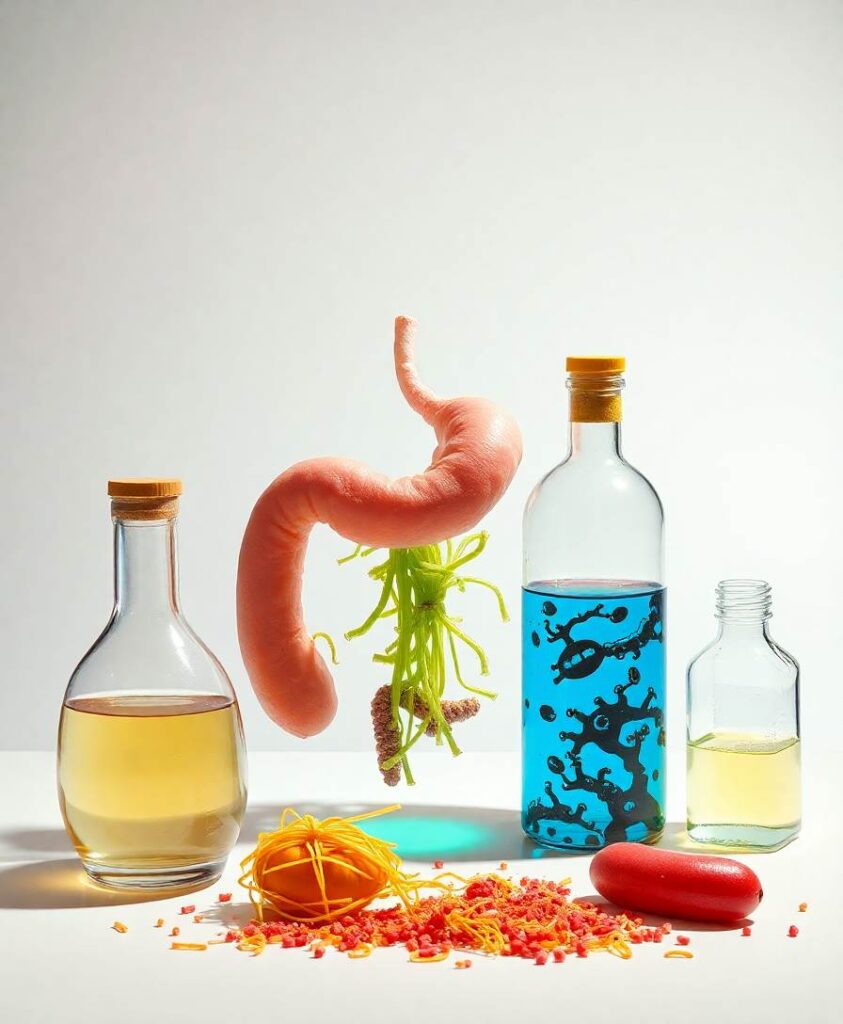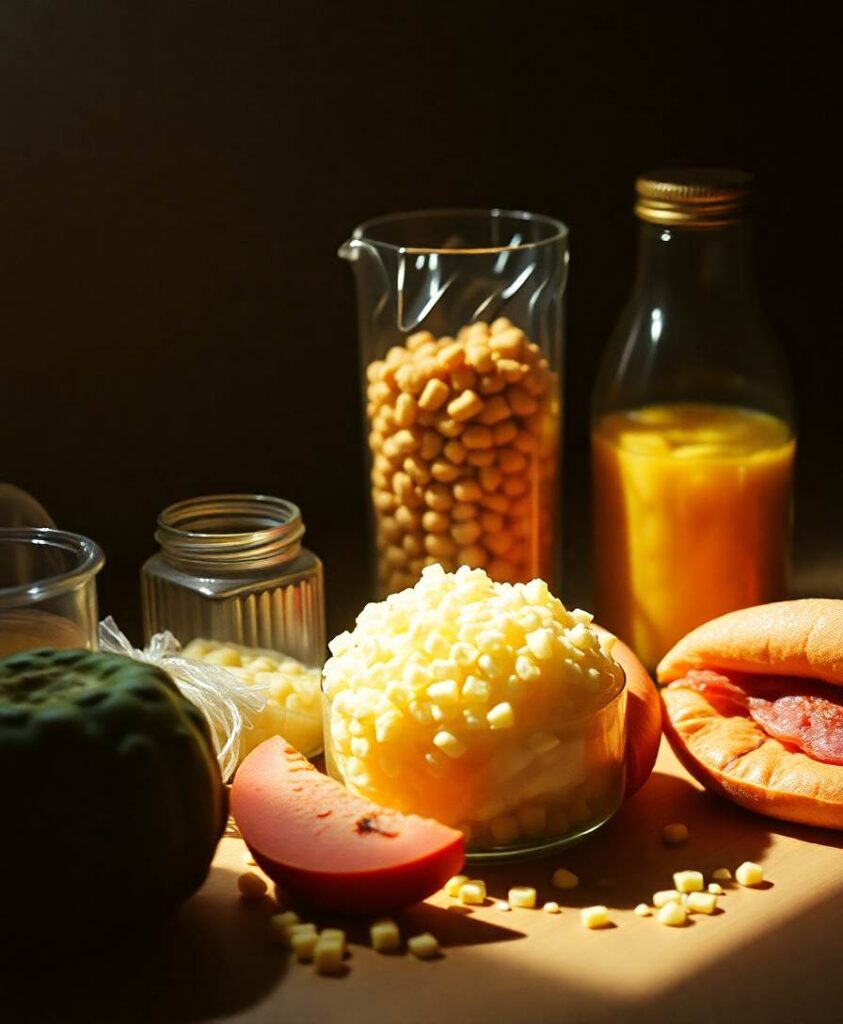Background and ObjectivePostoperative delirium (POD) is a frequent complication in patients undergoing gastrectomy. Increasing evidence suggests that abnormal gut microbiota composition may contribute to its morbidity. However, it is unclear whether mechanical bowel preparation would cause postoperative delirium by altering the gut microbiota of patients. This study aimed to investigate the association between mechanical bowel preparation and postoperative delirium in patients undergoing gastrectomy.MethodsA prospective randomized single-center study was performed. A total of 81 patients with gastric cancer were enrolled and randomly assigned to two groups: preparation group and non-preparation group according to whether the patient received MBP before surgery. To diagnose postoperative delirium, we used the 3-Min Diagnostic Interview for Confusion Assessment Method-defined delirium for five successive days after surgery. 16s rRNA gene sequencing was used to investigate changes in the intestinal bacteria. The linear discriminant analysis and effect size (LefSe) analysis were also used to identify the different taxa of fecal microbiota between the postoperative delirium and non-postoperative delirium groups.ResultsWe found that there was a significant difference in β-diversity of the gut microbiota between the preparation group and non-preparation group (P = 0.048). Furthermore, patients in the preparation group had a much higher rate of postoperative delirium (13/40, 32.5%) compared with that in non-preparation groups (4/41, 9.8%). Multivariate regression analysis adjusted by other risk factors indicated that mechanical bowel preparation was associated with the occurrence of delirium (odds ratio = 4.792; 95% confidence interval: 1.274–18.028; P = 0.020). When comparing the gut microbiota of patients with and without POD, Bacteroides and Veillonella (genus), which were higher in the preparation group, were also higher in delirium patients (P < 0.05). Genus Olsenella was both relatively higher in the non-preparation group and non-POD group (P < 0.05).ConclusionMechanical bowel preparation not only altered the gut microbiota composition of patients with gastric cancer but also increased the incidence of postoperative delirium. Among all the gut microbiota altered by mechanical bowel preparation, Bacteroides and Veillonella genus might be a risk factor of POD. Genus Olsenella might be a beneficial bacteria to reduce the incidence of POD.


